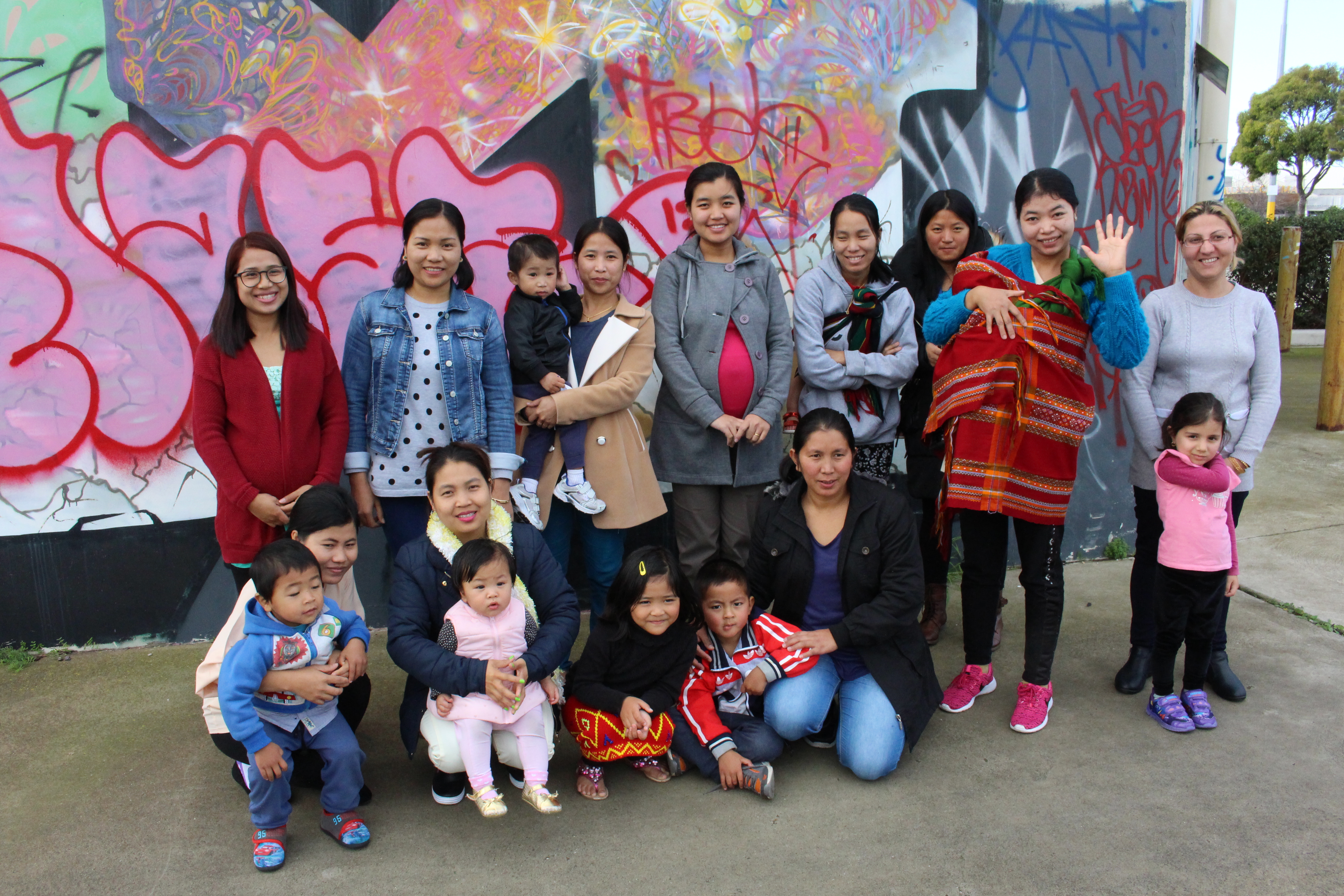International Women’s Day: Understanding the Journey enables us to all play a part
By Andrea McLeod, Chief Operating Officer, Spectrum
It is always valuable to sit back and reflect on where we have come from and where we are going. Understanding where we have come from enables us to “press for progress” constructively, and with purpose.
The first country to grant women the vote was New Zealand in 1893, and since that time other countries have followed suit. However, there is still a long way to go before we can claim gender parity.
Collective action and shared responsibility for driving gender parity is what makes International Women’s Day successful. Gloria Steinem, world-renowned feminist, journalist and activist once explained, “The story of women’s struggle for equality belongs to no single feminist nor to any one organisation but to the collective efforts of all who care about human rights.”
Started by the Suffragettes in the early 1900’s, the first International Women’s Day was celebrated in 1911. Today, International Women’s Day belongs to all communities everywhere. It is an event that reminds us that everyone can play a purposeful part in pressing for gender parity.
The World Economic Forum’s 2017 Global Gender Gap Report suggests that gender parity is more than 200 years away. And while we know that gender parity won’t happen overnight, the good news is that across the world women are making positive gains day by day. As a society, Australia has worked towards offering equal opportunity to women in the workplace and the statistics appear to reflect significant progress. However, gender disparity remains.
The 2017 OECD report – The Pursuit of Gender Equality; An Uphill Battle – states that achieving gender equality in Australia will require a multifaceted approach. Women’s disproportionate responsibility to provide unpaid caregiving presents a major barrier to women’s labour force advancement across sectors, and Australia must recommit to gender equality in caregiving and promoting both parents’ labour force participation.
Re-thinking work practises can provide simple opportunities for change that create more equitable workplaces. Embracing more flexible workplaces, and utilizing technology that is already available, enables men and women to take on more equitable roles both in and out of the home. I am pleased to report that this workplace cultural shift is well underway at Spectrum with demonstrable provisions like flexible hours, core meeting times, and mobile workforce provisions like login in from mobile offices.
Pressing for progress for women continues to be a hallmark of Spectrum’s everyday practise with, and service provision for, our clients by:
- welcoming women of refugee and migrant backgrounds from all over the world and creating opportunity for empowerment through our settlement case work during their first 5 years in Australia.
- providing parenting and family support and guidance as families re-evaluate gender roles during their settlement;
- creating flexible and mobile employment opportunities within our Community Care Services team, and
- supporting women to make the most of their life experiences as they age or experience disabilities.
At Spectrum, International Women’s Day is a day to celebrate. It is important that we do take time out to reflect on the gender parity journey. But equally so, it is important that collectively we continue to press forward to make a positive difference for women.

